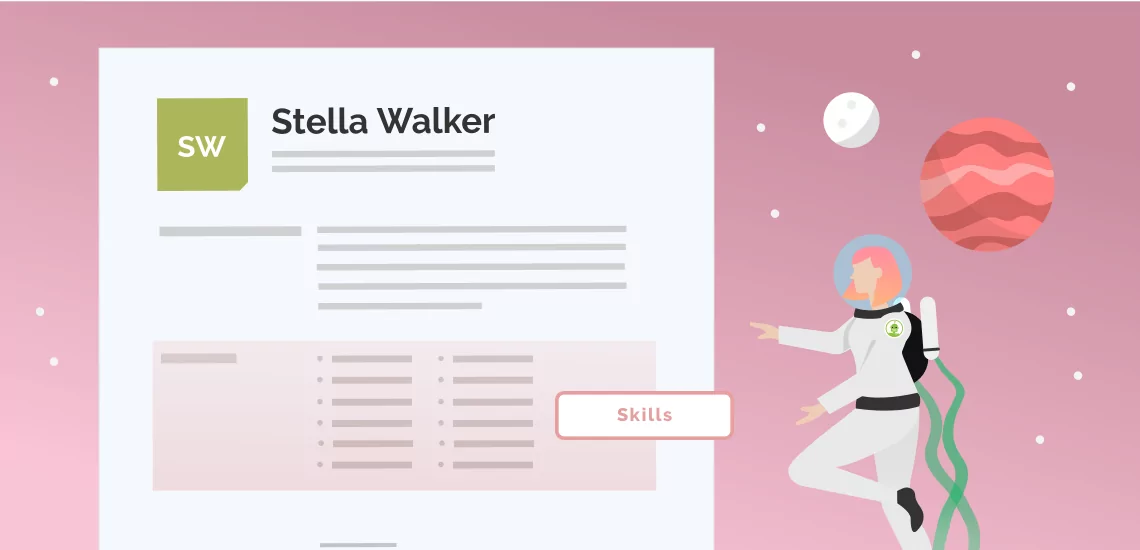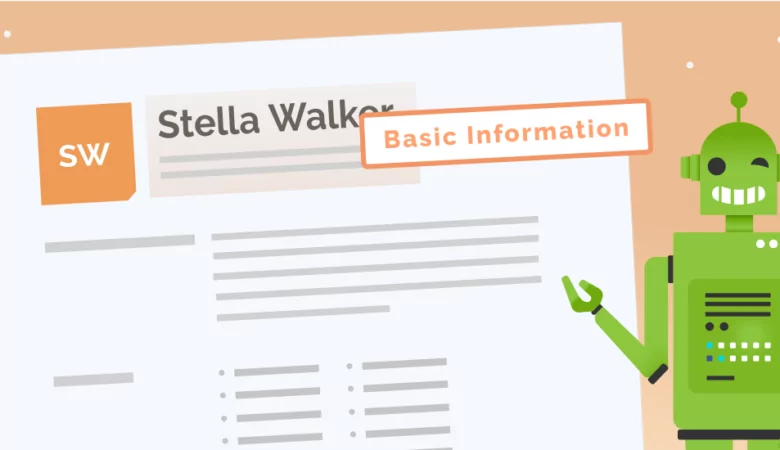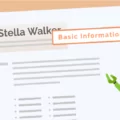Skills-based resumes can be incredibly helpful for people who want to focus on their skills section. How do you write an effective skills-based resume?

How to Create an Incredible Skills-Based Resume
Skills-Based Resume
Finding a resume format that emphasizes your best qualifications for a company is one of the most important elements of any job search. If you’re trying to find a resume type that truly reflects your talents, there are many options available to you. One of them is a skills-based resume, which can help you showcase your abilities, especially when you don’t have much work experience. Here’s what you need to know about this type of resume.

What Is a Skills-Based Resume?
There are a variety of different resume formats out there, and if you’re someone with less experience and more skills to include on your resume, a skills-based resume format may be your best option. This type of resume template, as the name implies, is largely based on skill sets, picking out a number of specific skills to highlight. If you’re looking at existing resume formats, then the chronological resume format and the combination resume format both feature your work history as an important part of your resume. That means the functional resume format is likely the format you should steer toward. In the functional resume, you’ll de-emphasize your employment history while emphasizing your relevant skills. Here’s how you should generally structure your skills-based resume headings.
- Start with a resume header. This should include your full name, contact information such as your email address and phone number, and professional links like your LinkedIn.
- Next is your resume summary or resume objective. This is a short paragraph at the top of the resume that highlights your best skills and experiences. A resume objective also includes a statement about your job or career goals.
- Next will be your skills section. This is where you really get to show off your key skills. You may include up to a dozen skills to show potential employers.
- After that will be a work history section. Even though you’re trying to de-emphasize your work experience section, you can still include internships, volunteer work, and any other professional experience that might relate to this job.
- Last is an education section, which can include certifications, college experience, and other types of training here.
Remember that regardless of the other headings on your resume, a skills-based resume will typically try to keep your skills section as robust as possible and make it the focal point of the resume.
Who Should Use a Skills-Based Resume?
Skills-based resumes work best for people whose work history isn’t up to the challenge of getting them a new job. That means these types of people might find significant benefit from a skills-based resume:
- People with significant employment gaps
- Recent graduates from college or high school
- Job seekers who are pursuing a career change
- Anyone who has less than two years of job experience
Tips for Creating a Skills-Based Resume
A skills-based resume requires specific expertise to write. Here’s how you can showcase your skills more effectively:
-
Include both soft skills and hard skills.
Soft skills and hard skills are both incredibly important for a skills-based resume. Soft skills help you interact with other people and show how you can approach work (e.g., attention to detail, or a strong work ethic), while hard skills (skills that one must learn for the specific job) help you do your job more effectively. Both of these types of skills are important to list.
-
Spotlight technical skills you have.
Technical skills are often skills that you learned at a previous job, through formal education, or during an internship. If you’re applying for a highly technical job, such as a software developer or a soldering expert, technical skills are an important part of your resume.
-
Include multiple skill categories.
A skills-based resume can help you highlight more skills than resumes in other formats. Split your skills into multiple sections (e.g., “Computer Skills” or “Organizational Skills”). It’s an effective way to showcase even more important abilities and knowledge.
FAQ: Skills-Based Resume
You can list any and all skills that you think a hiring manager for a specific job would want to see. Look at the job description to see what types of skills a hiring manager might be looking for. Most frequently, the skill you should focus on will be right there.
Most of the time, it’s best to stop using a skills-based resume when you have at least two years of relevant experience in your field. At this point, you’ve established your skills well enough that you can use another type of resume that features both skills and work history.
Yes. Resume builders aren’t just helpful for chronological resumes. They’re great for all sorts of different resumes. If you’re looking to build your skills-based resume, then you can use the ResumeNerd resume builder to do just that.








